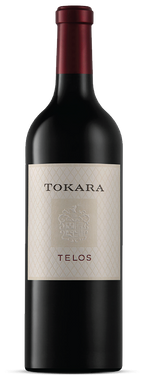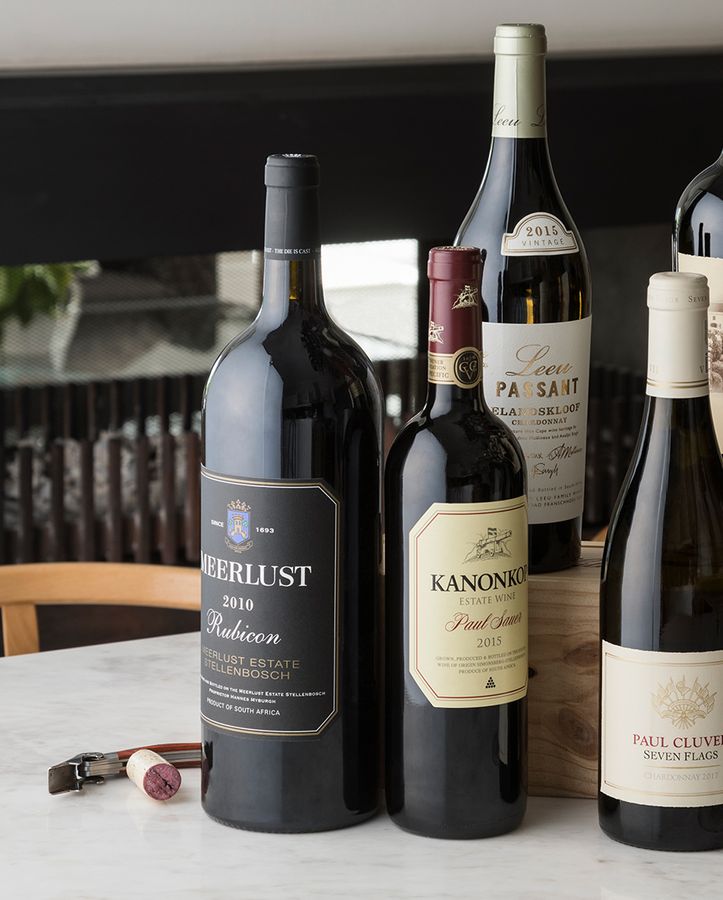The Reasons
1. We don’t know about you, but we do not have the time nor the resources to taste the amount of wines they do (in an organized, educated way); and draw viable conclusions from said tastings to inform our purchasing habits. We therefore appreciate a detailed ratings list.
2. Tasting Panels usually carry some kind of ‘wine-clout’, enough for us to trust them over our own judgement.
3. We like a relatively unbiased opinion on the standing of South African wines in the international market. (Generally not a disappointing stance at all.)
Wine Democracy
Having said that however, there are also certain ambiguities to take into consideration. The famous Judgment of Paris in 1976 for instance, in which, shockingly (at the time), Californian Cabernets and Chardonnays were rated higher than their French, established, counterparts. The event was criticised for the lack of scientific validity in human taste, as by its very nature our tastes differ and are therefore subjective. Steven Spurrier (organizer of the original event) even commented: “The results of a blind tasting cannot be predicted and will not even be reproduced the next day by the same panel tasting the same wines.” Which then begs the question: How much do you trust the critics? Our answer, as pertaining to wine, is something along the lines of: “We’ll take their opinion into consideration, but only insofar as we get to taste the wines ourselves, to form our own opinions.” Bringing us to the point - DEMOCRACY! Wine democracy.
The Fourth Estate
The concept of the Fourth Estate is attributed to Edmund Burke (1787), Thomas Carlyle then later explained the concept in his book on the role of a free and honest press during the French Revolution, he said: “A Fourth Estate, of Able Editors, springs up, increases and multiplies; irrepressible, incalculable.” This free press was seen as instrumental in the birth of democracy, a vehicle to spread facts and opinions and so doing spark revolution by creating informed, freethinking individuals. We therefore think of the multitude of wine awards and rating reports as necessary, if not of incalculable value. We obviously encourage you to question, theirs being only one opinion. Don’t subscribe to one school of thought, sample the Wine Spectator’s lists, the Wine Advocate, the Old Mutual trophy winners, the Veritas awards, Tim Atkin’s suggestions - know your topic and tell us which ratings you concur with. At the risk of sounding cliché, the ever-growing list of wine-lovers weighing in on wine might very well represent a revolution in the way we experience wine; informed, individualistic purchases, no longer informed by a kind of herd instinct. (Have made a note to self to stop listening to the ‘Les Misérables’ soundtrack.)
The Decanter World Wine Awards 2017
The interesting takeaway from this year’s ratings (specifically targeted at Tim Atkin’s most recent report), is that the focus has shifted from our white wines to our red. Don’t get me WRONG now, our whites are still up there, with a particularly interesting proliferation of enigmatic Sauvignon Blancs in the upper echelons of the rating scheme (see First Sighting and Cape Point Vineyards), and Chenin still right on its heels with 99 points awarded Chris and Suzaan Alheit’s Magnetic North 2017 and Eben Sadie’s white blend, ’T Voetpad. In the end, however, it seems our Stellenbosch reds dethroned the mighty bush vine Chenin, in favour of something more traditional: Kanonkop’s Paul Sauer blend of Cabernet Sauvignon, Cabernet Franc and Merlot, with an unprecedented 100 points, the first perfect score awarded a New World wine by Tim Atkin. Most definitely a call that reverberated around the world, proclaiming the golden age of South African Wine officially open…again.

